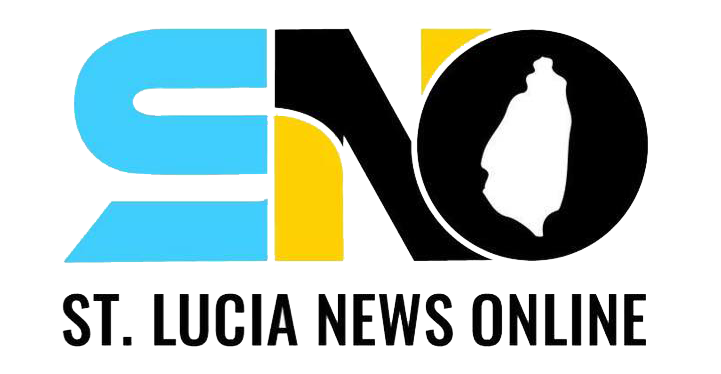The initiative, spearheaded by the Substance Abuse Advisory Council Secretariat (SAACS) within the Ministry of Health, Wellness and Elderly Affairs, recently hosted a national stakeholder seminar that brought together a cross-section of partners from the public health, security, and education sectors.
Participants included representatives from the OKEU Hospital, St. Jude Hospital, Turning Point Treatment Centre, the Royal Saint Lucia Police Force (RSLPF), Customs and Excise Department, the Saint Lucia Fire Service, and various government ministries such as Education, Youth Development, and Equity.
The session focused on strengthening Saint Lucia’s readiness to identify and address the growing threat of new psychoactive substances (NPS), synthetic drugs that mimic the effects of traditional illegal substances such as cannabis and cocaine.
Coordinator of SAACS, Natasha Lloyd-Felix, described the Early Warning System as a critical tool to ensure Saint Lucia shifts from reactive to proactive action.
“The tendency has been for us to respond after the problem reaches us,” she said. “With this system, agencies can work in a more integrated and synchronized manner, allowing us to communicate with the public faster and respond effectively to emerging threats.”
The Early Warning System, officially launched in October 2024, provides a framework for inter-agency information sharing and collective decision-making. It enables authorities to quickly assess and respond to potentially dangerous substances before they spread through communities.
Inspector Darin Solomon of the Customs and Excise Department, who also serves on the EWS Committee, stressed the urgency of collaboration, noting that the drug landscape is evolving rapidly.
“This threat is real and it’s already at our doorstep,” he cautioned. “These substances evolve faster than traditional control systems. Our response must be just as dynamic, rooted in coordination, information sharing, and early action.”
Stakeholders also heard from Troy Wickham, Deputy Manager of the National Council on Substance Abuse and EWS Coordinator for Barbados, who shared that regional collaboration is key to success.
“What affects Barbados today could affect Saint Lucia tomorrow,” Wickham said. “We must collaborate and trust each other to share information, because combating these substances requires unity across the region.”
The stakeholder seminar was supported by the Organization of American States (OAS) through the Inter-American Drug Abuse Control Commission (CICAD), with funding from the Government of Italy.
Officials say the SAACS and its Early Warning System Committee remain committed to fostering strong inter-agency collaboration and implementing effective strategies to prevent the spread of new and dangerous drugs across Saint Lucia.
The Early Warning System (EWS) is a national surveillance and coordination mechanism launched in October 2024 under the Substance Abuse Advisory Council Secretariat (SAACS) of the Ministry of Health, Wellness and Elderly Affairs.
The system was created to help Saint Lucia detect, assess, and respond to new and emerging psychoactive substances (NPS), synthetic drugs that mimic the effects of controlled substances such as cannabis, cocaine, and ecstasy, often with unpredictable and dangerous outcomes.
The EWS operates through a multi-agency network, bringing together public health officials, law enforcement, customs, fire services, education, and social support agencies. By promoting real-time information sharing and joint decision-making, the system enables authorities to take swift preventive action before harmful substances spread widely.
The initiative receives technical support from the Organization of American States (OAS) through its Inter-American Drug Abuse Control Commission (CICAD), with funding from the Government of Italy.
Officials say the system represents a major step in building national resilience against evolving drug threats and ensuring better protection for communities, especially young people, across Saint Lucia.


